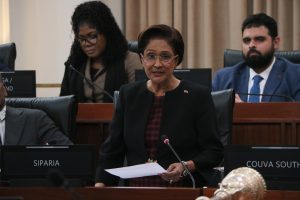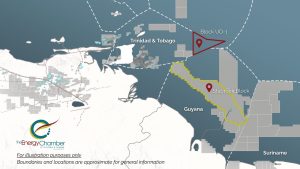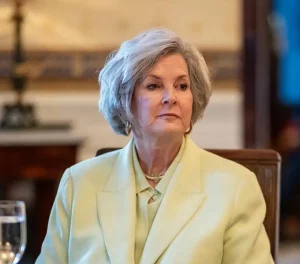THE Caribbean Court of Justice (CCJ orders the Guyana Elections Commission (GECOM) to halt the electoral process pending its decision on whether or not the Court of Appeal had jurisdiction to interpret Article 177 (2) (b) of the Constitution to mean “more valid votes are cast.”
It made the ruling on Tuesday.
The election held since March 2 was yet to be decided after a recount revealed the opposition coalition the winner.
But this has been challenged by GECOM which claims 25% of the votes cast were not valid, giving the ruling coalition the win.
In the appeal filed by People’s Progressive Party/Civic (PPP/C) General Secretary, Bharrat Jagdeo and its Presidential Candidate, Irfaan Ali, the CCJ ordered that:
“The Guyana Elections Commission and its officers and agents take no step to prejudice the fair hearing of this Application including but not limited to issuing a declaration of the results of the elections held on 2nd March 2020, until this Court issues final orders following the hearing and determination of the questions raised before this Honourable Court in the said Application.”
The Order was handed down by a panel of judges led by President of the CCJ, Justice Adrian Saunders in the case of Mohammed Irfaan Ali and Bharrat Jagdeo v Eslyn David, the Chief Elections Officer and others.
Earlier on Tuesday, Ali and Jagdeo, through their attorneys Trinidad Senior Counsel Douglas Mendes and Attorney-at-Law Anil Nandlall – had applied for special leave to appeal the Court of Appeal’s decision in the CCJ with the intention of having it struck out.
The Court of Appeal’s decision was handed down on Monday, however, it agreed to stay its order for a period of three days based on a request by attorney Kashir Khan, who was representing Change Guyana and Citizenship Initiative in the original case brought by David.
The Attorney General and Minister of Legal Affairs, Basil Williams contended the decision of the Court of Appeal could not have been appealed at the level of the CCJ in light of the fact that the Caribbean Court of Justice Act, Chapter 3:07 limits the appellate jurisdiction of the Court in Section 4 (3), the CCJ relied on Section 8 of the Caribbean Court of Justice Act, Cap 3:07 of the Laws of Guyana to issue its orders.
The country’s highets court took into account its overriding objective, including its inherent power to actively manage cases and make orders as may be necessary to meet the ends of justice as stated in Rule 1.3 (2) of the Caribbean Court of Justice (Appellate Jurisdiction) Rules, 2019.
In addition to freezing the electoral process, the CCJ, ordered that case management be done on Thursday.
![]()











